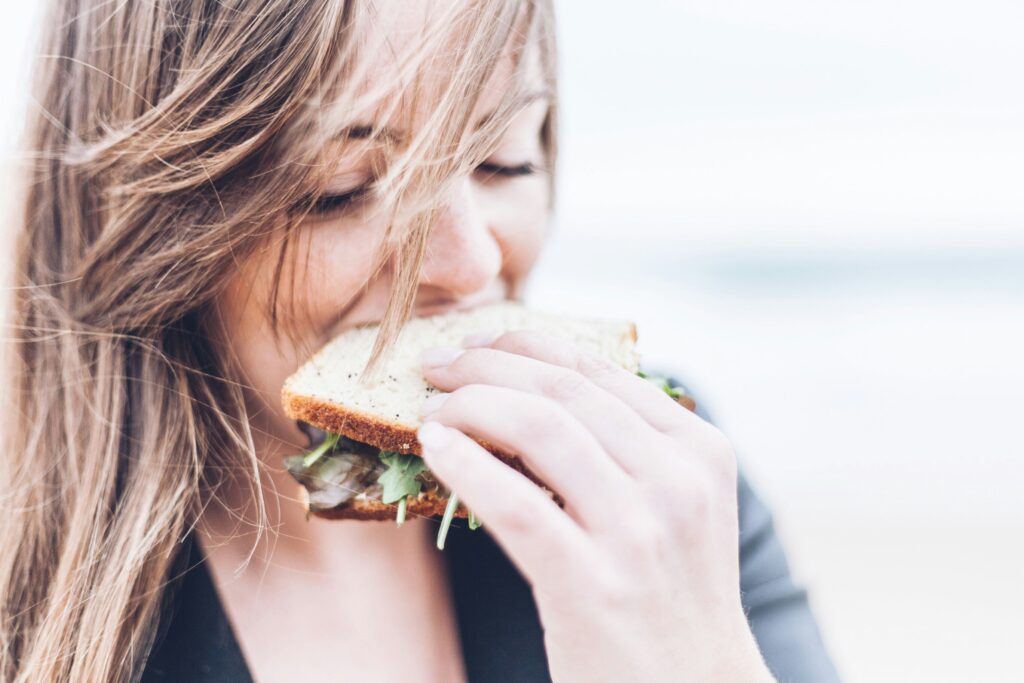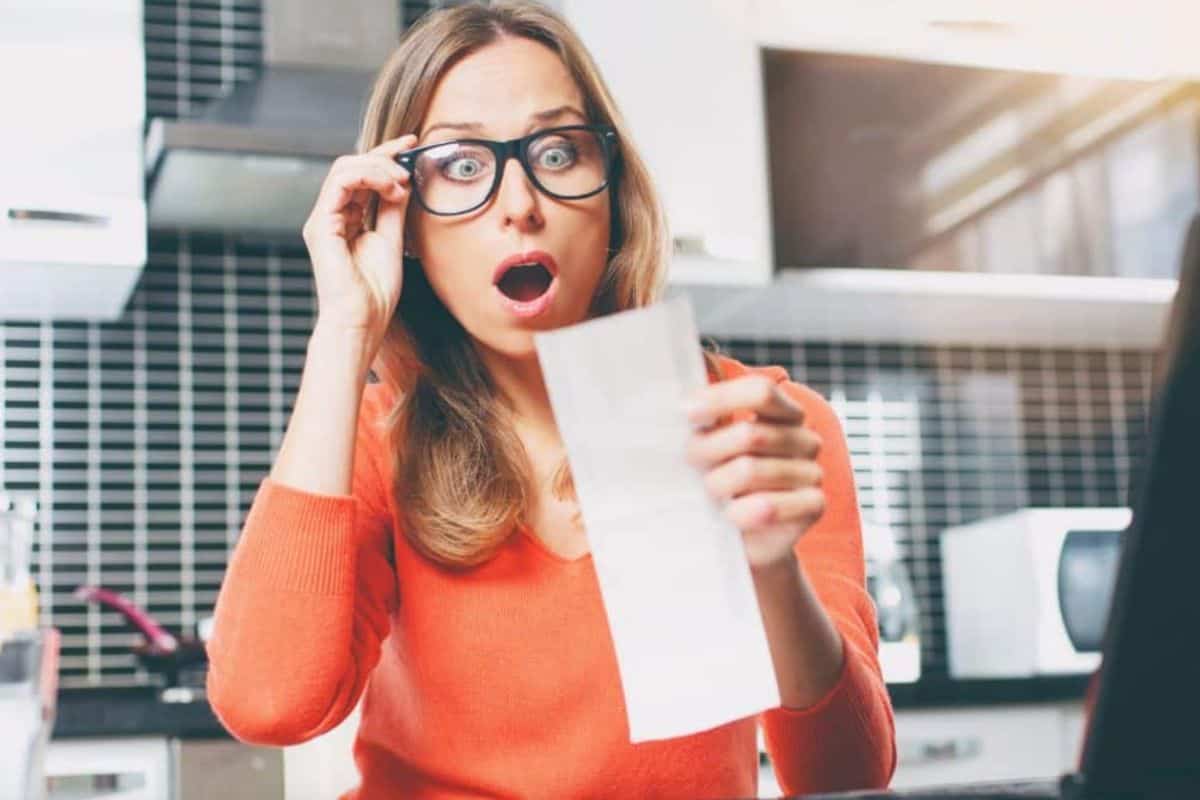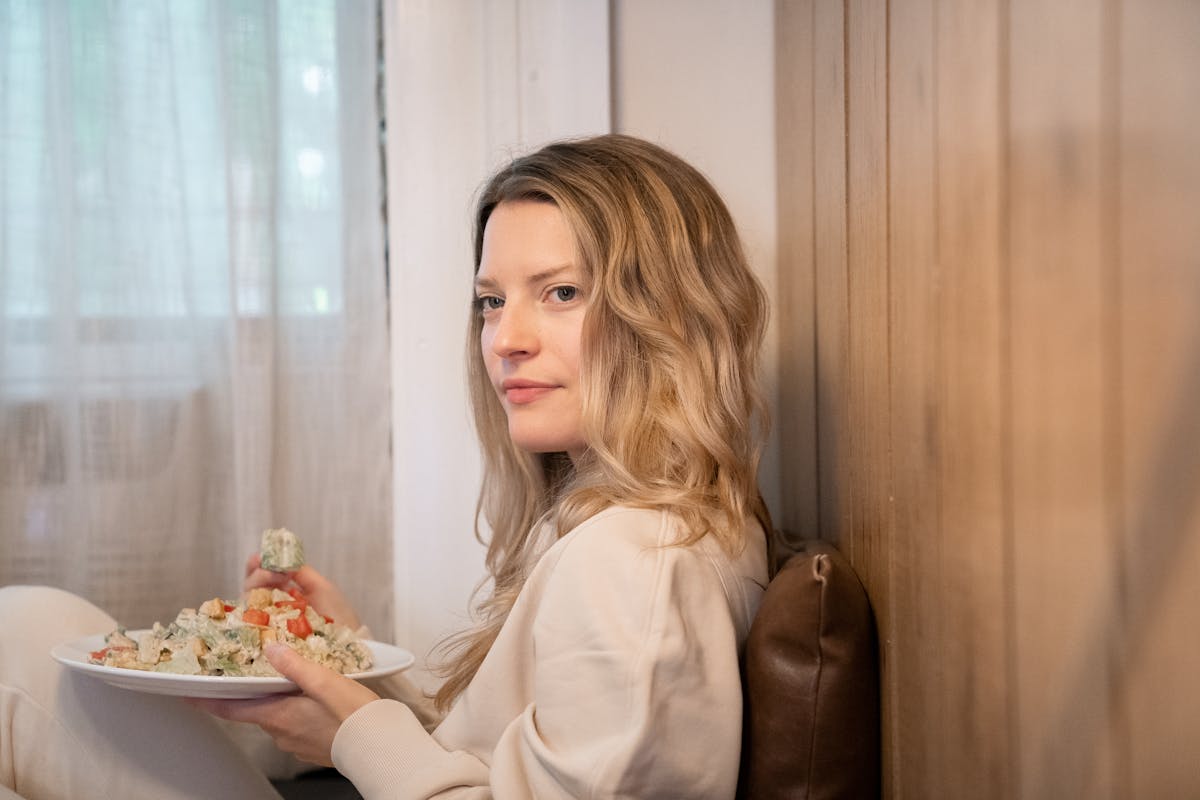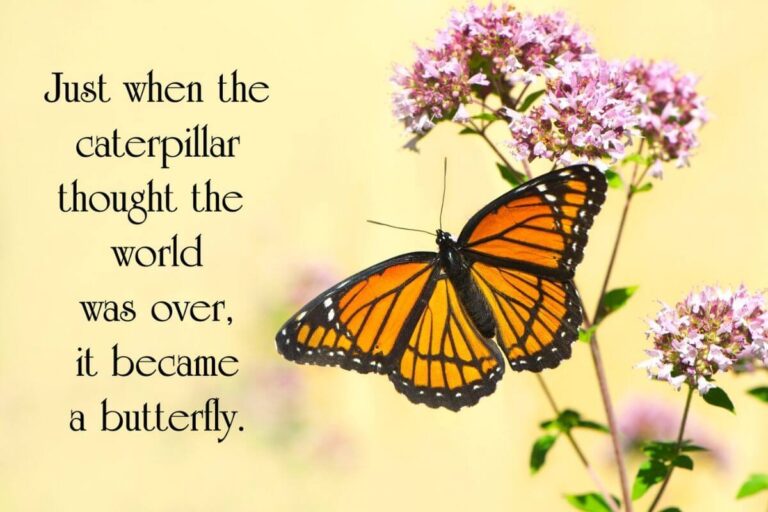10 Dark Sides of Diet Culture for Women Over 50: Unpacking the Myths and Realities
Diet culture can be a tricky landscape to navigate, especially for women over 50. As you age, societal expectations about body image and weight can become even more cumbersome, leading to feelings of inadequacy and self-doubt. Understanding the hidden pressures and harmful narratives can empower you to embrace a healthier and more positive self-image.
Many women find themselves caught in a cycle of dieting that not only affects their mental health but can also have physical repercussions. It’s essential to recognize these patterns so you can take charge of your own narrative and make choices that truly benefit your well-being. Identifying these dark sides allows you to break free from societal constraints and focus on what works for your body and mind.
Unrealistic Body Standards That Ignore Natural Aging

You’ve probably noticed that society often sets impossible body standards. These ideals seem to ignore the natural aging process entirely.
As you age, your body changes in ways that are completely normal, like shifts in metabolism and texture of skin.
These unrealistic expectations can make you feel like you need to fight against nature, which isn’t healthy.
Embracing your body as it ages is essential for your well-being. Remember, your worth isn’t defined by your appearance.
Increased anxiety and depression linked to weight cycling

Weight cycling, often seen in diet culture, can affect your mental health more than you might realize. Constantly losing and regaining weight can lead to feelings of anxiety and depression.
Studies show that this pattern is linked to increased psychological distress, creating a cycle that’s hard to break.
You might find yourself feeling more anxious about your body image or your next diet attempt. It’s important to focus on your well-being rather than the scale. Embracing a balanced approach to health can help you feel better both mentally and physically.
Pressure to Diet Despite Hormonal Changes in Menopause

As you navigate menopause, you might feel intense pressure to diet. Society often promotes unrealistic body standards, which can make you feel the need to control your weight aggressively.
Hormonal changes can significantly affect your metabolism and appetite. This makes it harder to lose weight, yet the messages around dieting can be overwhelming.
You might see ads pushing quick-fix diets or see friends discussing their weight loss journeys. It’s essential to recognize that your body is going through changes that require compassion, not harsh dieting.
Guilt and shame around eating certain foods

Feeling guilty about what you eat is more common than you might think. Diet culture often labels foods as “good” or “bad,” making it easy to feel shame when you indulge in something deemed unhealthy.
This mindset can create a stressful relationship with food. You may find yourself enjoying a treat but then spiraling into negative feelings afterward. It’s important to challenge these thoughts and realize that all foods can fit into a balanced diet. Embracing moderation can help you enjoy your meals without guilt.
Conflicting Messages About ‘Good’ and ‘Bad’ Foods

You’ve probably noticed that what’s labeled as “good” or “bad” food can change from week to week. This constant shift can leave you feeling confused about what to eat.
One day, fats are the enemy, and the next, they’re touted as healthy. Many diets promote certain foods while demonizing others, making it hard to know what’s really beneficial for you.
Social media adds to this confusion with influencers promoting various trends. You might find yourself questioning your choices rather than enjoying your meals. Balancing nutrition should be about your needs, not the latest fad.
Increased risk of disordered eating behaviors

As you navigate your 50s, diet culture can really mess with your relationship with food. The pressure to look a certain way can lead to unhealthy eating habits.
You might find yourself labeling foods as “good” or “bad,” which can create anxiety around meal times.
This mindset may push you toward restrictive eating or bingeing, making it harder to maintain a balanced diet.
It’s essential to be mindful of how these influences affect your choices and well-being.
Diet culture promoting thinness as a beauty ideal

Diet culture often portrays thinness as the ultimate beauty ideal. This belief can make you feel pressured to conform to unrealistic body standards.
You might find yourself comparing your body to others, which can lead to negative body image and low self-esteem.
As you age, these pressures can be even more challenging, reinforcing the idea that worth is tied to appearance.
Embracing diverse body types can help shift this mindset and promote healthier self-acceptance.
Ignoring the Importance of Intuitive and Mindful Eating

Diet culture often pushes you to focus on strict rules about what and when to eat. This can lead you to overlook your body’s natural hunger cues.
Intuitive eating encourages you to listen to your body and enjoy food without guilt. When you ignore this approach, you might miss out on a more satisfying relationship with food.
Mindful eating allows you to savor each bite and be present during meals. Skipping this practice can lead to mindless eating and less enjoyment overall.
Dieting’s impact on self-esteem and body image in older women

Dieting can really mess with your self-esteem. As you chase specific weight goals, you might start comparing yourself to others, leading to dissatisfaction with your body.
Negative messages from diet culture can cause feelings of worthlessness. You might feel pressure to look a certain way, which can take a toll on how you view yourself.
Instead of focusing on health and well-being, diets often emphasize appearance. This can create a cycle of frustration and despair, making it hard to appreciate your body as it is now.
Social isolation caused by strict dieting rules

Strict dieting often leads to social isolation. When you feel compelled to adhere to specific food rules, you might avoid gatherings that involve food.
Declining invitations can create a feeling of separation from friends and family. You could miss out on shared meals that foster connection and joy.
Additionally, the pressure to conform to these rules can increase anxiety around eating in social settings. This mindset often reinforces feelings of loneliness, making it hard to enjoy life’s simple pleasures.
Related: 15 Clever Hacks To Reduce That Never-Ending Grocery Bill

Managing grocery expenses can be challenging for many households, especially with rising food costs and fluctuating budgets.
However, with some creativity and resourcefulness, you can implement numerous clever hacks to reduce your never-ending grocery bill without sacrificing the quality or variety of your meals.







